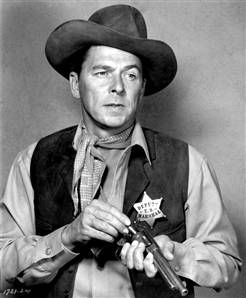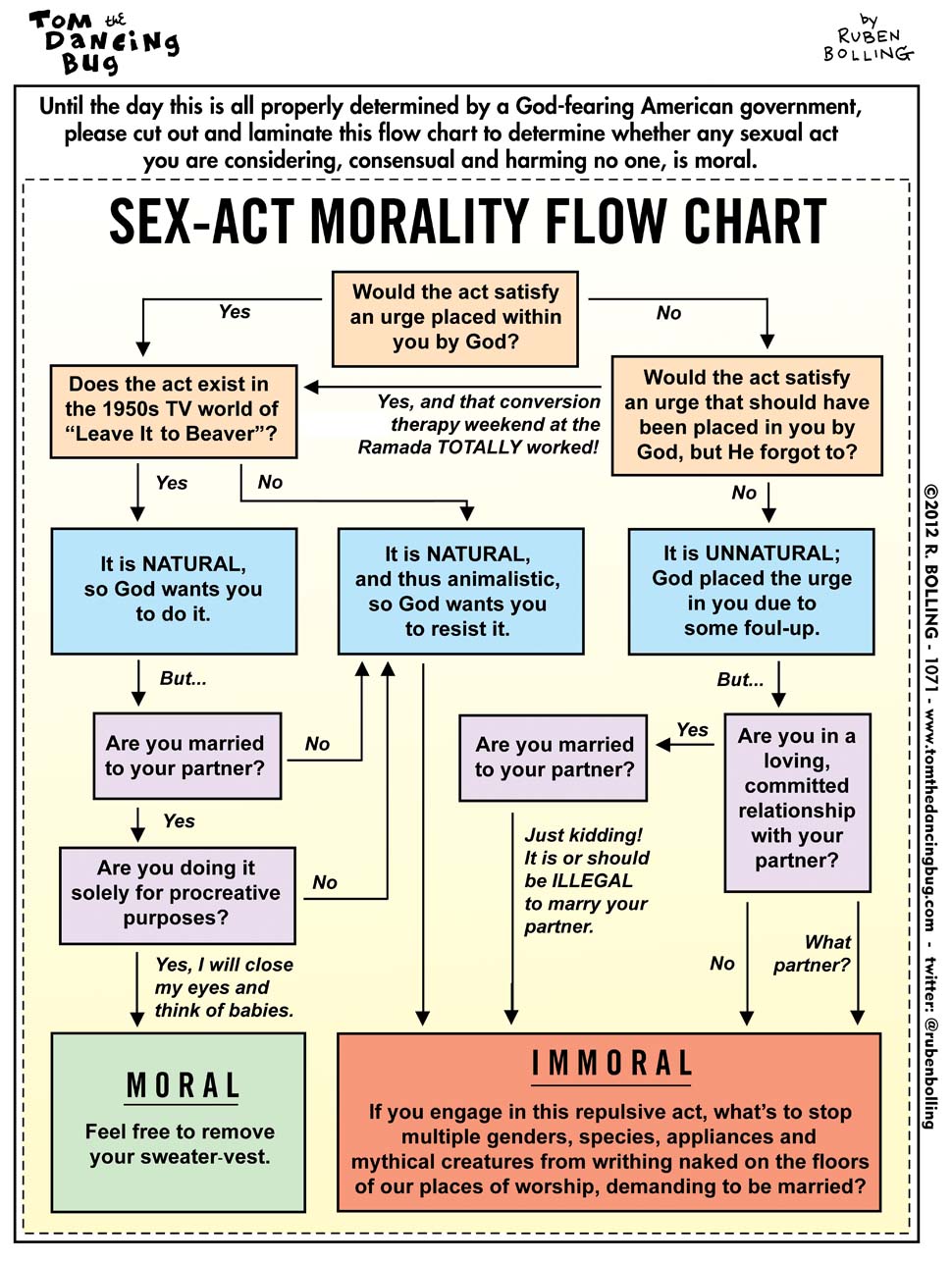GOP Campaign Trail Filled With Revisionist History

I've just returned from a sojourn in an alternate historical universe, which is to say I've been in South Carolina, listening to the Republican presidential candidates.
These people have managed to distill modern American times down to a deliciously accessible account that goes something like this:
In the beginning there was Ronald Reagan. He was so awesome! He slashed taxes and fired pencil-necked bureaucrats, whose sole function was to antagonize salt-of-the-earth business folk. Money rained from the sky. Then Barack Obama arrived and screwed up everything. He wrote new rules designed to tie the economy in knots and kill jobs so he could realize his true aim, expanding food stamp dependency, as part of his plot to turn America into a socialist, nanny state-governed Loserville.
If you're wondering what happened to those years when the country was run by a pair of guys named Bush (and someone else named Clinton in between), they have been airbrushed out of this updated Republican history. So have a few seemingly pertinent events connected to their tenures: the dismantling of key financial regulations (particularly by Clinton), a massive redistribution of wealth to the richest households engineered by George W. Bush, and a failure to address stagnating wages and lost job opportunities for most workers all along the way.
Oh, and a nearly apocalyptic financial crisis that arrived on W's watch, prompting taxpayer bailouts of behemoth Wall Street firms while delivering the worst economic downturn since the Great Depression.
On the Republican campaign trail, none of these little details have been making it into accounts of recent times, because they collide with the narrative guiding the proceedings. Though Romney, Santorum, Gingrich and Perry (before he dropped out) have been sniping about all sorts of tedious little things, in the main they have been reading from the same script: Everything bad that ever happened resulted from too many taxes and too much regulation. Everything good comes from deregulation, and handing gobs of money to rich people and corporations.
If you think I'm exaggerating, you have clearly been intelligent enough to occupy your hours watching something more enlightening than the Republican debates (a list that might include both "Jersey Shore" and reruns of people smacking other people with chairs on the "Jerry Springer" show). But my cartoonish account is really only a little more cartoonish than the things Republicans have been saying about what has happened to our economy as they wander South Carolina in pursuit of votes.
The other day, at a candidate forum in downtown Columbia, the state capitol, Newt Gingrich looked out at a room full of business people and boasted about the supposedly key role he played in forging supply-side economics, the school of thought that says tax cutting is the answer to every policy question. He burnished this "credential" by noting that he had been right there alongside Reagan and Arthur Laffer in the engine room of supply-side thinking.
This is a little bit like saying that you were the guy on the deck of the Titanic, hollering, "Full speed ahead!" long after the iceberg loomed. Laffer is the economist who popularized the notion that cutting taxes increases government revenue, a doctrine that has stood the test of time about as well as drowning people to find out if they are witches.
But does anyone not paid to do so seriously maintain that Dodd-Frank is so flawed that the circumstances that existed pre-crisis would be better? Do we really want to double down on market fundamentalism and let Wall Street have another go in the casino, unsupervised, while playing with taxpayer money?
Don't ask the Republican candidates, because they have eliminated the crisis from historical memory, skipping all the way back to Morning In America, when everyone worked, no one was poor, the stock market only went up, and taxes existed only in the Soviet Union.
These people have managed to distill modern American times down to a deliciously accessible account that goes something like this:
In the beginning there was Ronald Reagan. He was so awesome! He slashed taxes and fired pencil-necked bureaucrats, whose sole function was to antagonize salt-of-the-earth business folk. Money rained from the sky. Then Barack Obama arrived and screwed up everything. He wrote new rules designed to tie the economy in knots and kill jobs so he could realize his true aim, expanding food stamp dependency, as part of his plot to turn America into a socialist, nanny state-governed Loserville.
If you're wondering what happened to those years when the country was run by a pair of guys named Bush (and someone else named Clinton in between), they have been airbrushed out of this updated Republican history. So have a few seemingly pertinent events connected to their tenures: the dismantling of key financial regulations (particularly by Clinton), a massive redistribution of wealth to the richest households engineered by George W. Bush, and a failure to address stagnating wages and lost job opportunities for most workers all along the way.
Oh, and a nearly apocalyptic financial crisis that arrived on W's watch, prompting taxpayer bailouts of behemoth Wall Street firms while delivering the worst economic downturn since the Great Depression.
On the Republican campaign trail, none of these little details have been making it into accounts of recent times, because they collide with the narrative guiding the proceedings. Though Romney, Santorum, Gingrich and Perry (before he dropped out) have been sniping about all sorts of tedious little things, in the main they have been reading from the same script: Everything bad that ever happened resulted from too many taxes and too much regulation. Everything good comes from deregulation, and handing gobs of money to rich people and corporations.
If you think I'm exaggerating, you have clearly been intelligent enough to occupy your hours watching something more enlightening than the Republican debates (a list that might include both "Jersey Shore" and reruns of people smacking other people with chairs on the "Jerry Springer" show). But my cartoonish account is really only a little more cartoonish than the things Republicans have been saying about what has happened to our economy as they wander South Carolina in pursuit of votes.
The other day, at a candidate forum in downtown Columbia, the state capitol, Newt Gingrich looked out at a room full of business people and boasted about the supposedly key role he played in forging supply-side economics, the school of thought that says tax cutting is the answer to every policy question. He burnished this "credential" by noting that he had been right there alongside Reagan and Arthur Laffer in the engine room of supply-side thinking.
This is a little bit like saying that you were the guy on the deck of the Titanic, hollering, "Full speed ahead!" long after the iceberg loomed. Laffer is the economist who popularized the notion that cutting taxes increases government revenue, a doctrine that has stood the test of time about as well as drowning people to find out if they are witches.
Rare is the credentialed economist who still asserts that cutting taxes generates additional revenue, an idea so patently at odds with common sense that only someone with a doctorate could have suggested it. Greg Mankiw, a conservative economist who served in the George W. Bush administration as chairman of the Council of Economic Advisers (and who is now an adviser to Romney), uses a chapter of his widely assigned economics textbook, "Principles of Economics," to challenge the idea that lower taxes produce higher revenues.
But never mind the theory. Take a look at actual history, as distilled in a working paper from the National Bureau of Economic Research. Reagan, leaning on advice from Laffer, slashed marginal personal income tax rates by 25 percent between the fall of 1981 and the summer of 1983. Tax revenues subsequently dipped, and the federal deficit expanded. During the sweep of Reagan's presidency -- an era now held up as a paragon by the same crop of candidates who claim to be fierce deficit hawks -- federal spending outstripped revenues by more than $1.4 trillion.
Taxes and deficits are not the only subjects that have come in for wholesale revision in the Republican account. Four years after speculative excesses on Wall Street nearly brought down the financial system, the candidates appear to have forgotten all about it. How else to explain their repeated vows to immediately repeal Dodd-Frank, the financial regulatory reform law adopted in an effort to prevent a repeat, while offering no alternative? Rick Perry and Gingrich, the candidate Perry endorsed as he dropped out of the race on Thursday, have both made repealing Dodd-Frank a primary talking point. Romney has said he would do the same, though he has expressed some desire to retain portions of the law.
Like perhaps every piece of enormous legislation to emerge from Congress, Dodd-Frank is a fat mess of a law, one seemingly understood by no one in its entirety. It is filled with contradictory provisions inserted by one lobbyist or another, presenting federal agencies with a dog's breakfast of regulations that must be written to implement it. The law will not prevent another crisis, because it is so mind-bendingly complex that the financial industry will game it to suit its proclivities. But does anyone not paid to do so seriously maintain that Dodd-Frank is so flawed that the circumstances that existed pre-crisis would be better? Do we really want to double down on market fundamentalism and let Wall Street have another go in the casino, unsupervised, while playing with taxpayer money?
Don't ask the Republican candidates, because they have eliminated the crisis from historical memory, skipping all the way back to Morning In America, when everyone worked, no one was poor, the stock market only went up, and taxes existed only in the Soviet Union.




CHARLESTON, S.C. -- The Drudge Report began teasing political reporters Wednesday that a network's holding a "bombshell campaign interview." And soon, Drudge revealed that the network in question, ABC, had conducted a two-hour interview with Marianne Gingrich, ex-wife of Newt Gingrich, that may not run until after the South Carolina primary. The decision, Drudge reported, sparked a "civil war" at the network.